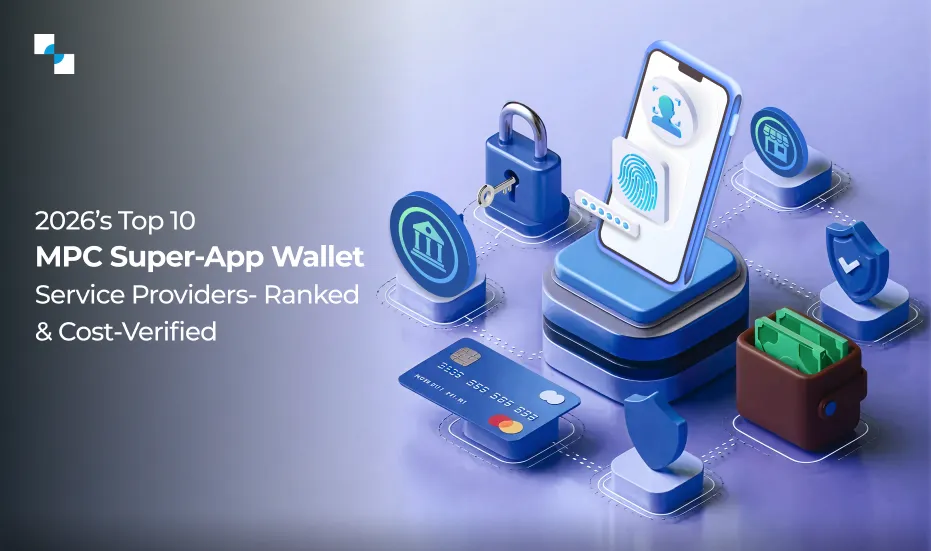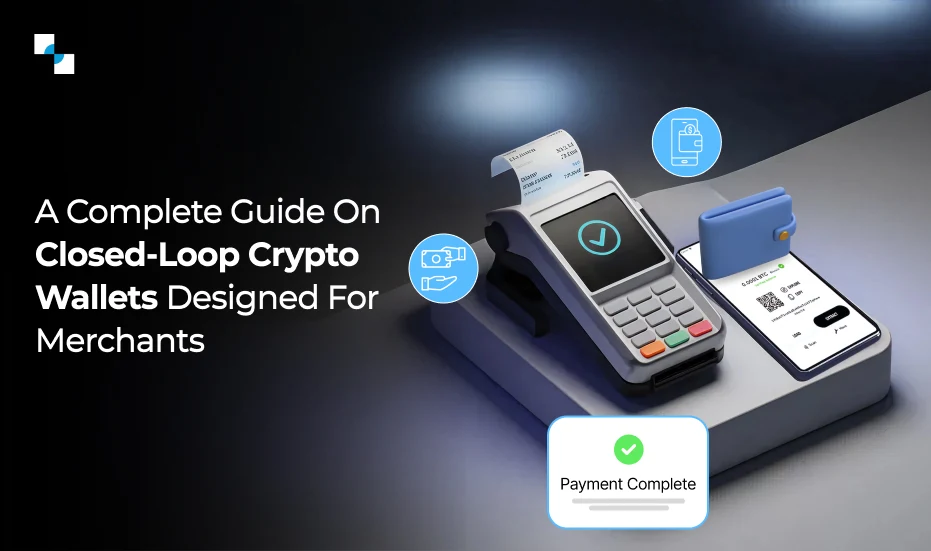Cryptocurrency wallets are well-known in the “digital” community for their high levels of security. For their consumers, they are normally safeguarded with multi-level encryption, as well as 2FA (two-factor authentication) options. A private key is required to transmit or receive funds using these wallets.
If you’ve decided to make your own cryptocurrency or bitcoin wallet while reducing your development time and cost, it is better to choose a white label solution rather than starting the process of Bitcoin wallet development from scratch.
However, you must create more than just a platform for holding and moving coins to leverage the potential of your crypto wallet. Crypto wallets must provide a specific degree of service to potential consumers, and a management system must be integrated into the website.
What Is the Purpose of a White Label Wallet?
The following features make a white label wallet an ideal option:
- The wallet can be readily customized with any add-ons.
- The wallet can be combined with instant transfers.
- You can add extra security layers based on your preferences, in addition to existing security layers.
- Popular crypto exchanges and trading platforms may easily integrate the wallet.
- It’s also feasible to get an upgrade, as well as support and maintenance for the wallet.
The Most Important Features of a Cryptocurrency Wallet
1. Multi-Cryptocurrency and Multi-Token Support: A cryptocurrency wallet that supports a variety of cryptocurrencies, including Bitcoin, Ethereum, Litecoin, Monero, and others, as well as the integration of a variety of altcoins and tokens is more likely to be chosen by users.
2. Cross-Platform Compatibility: Because individuals in the modern world use a variety of devices, a white label Bitcoin wallet should be supported on a variety of platforms, including Android, iOS, Windows, Blackberry, and all desktop platforms.
3. Near Field Communication (NFC) Support: NFC technology makes the exchange of crypto assets easier and faster by instantly fetching the sender’s and buyer’s wallet addresses and processing transactions with a “single-click” on the wallet’s NFC tag.
4. User-Friendly and Mobile-Friendly UI/UX Design: A cryptocurrency wallet should have an excellent user interface and a user-friendly and mobile-friendly UI/UX design.
Develop Your Own Bitcoin Wallet
Schedule Free Demo5. Support for QR Code Scanners: QR stands for Quick Response. By scanning the Wallet address and thereby facilitating the exchange of digital currencies in a “one tap,” scanner technology facilitates speedier transactions.
6. Auto Denial of Duplicate Payments: To avoid chargebacks in duplicate payments, the wallet should have an auto denial of duplicate payments capability.
7. Wallet BackUp: During Bitcoin wallet development, use the wallet BackUp feature to protect users’ cryptocurrency and tokens from theft and software malfunction.
8. History of transactions and conversion rates: The Transaction History option allows users to see all of their past transactions.
9. Push Notifications: Push notifications can be leveraged to get updates on transactions and when the value/price of cryptocurrencies changes with the push notification feature.
10. Instant Swapping: Using the instant swapping method, wallet users can swiftly and easily exchange one cryptocurrency for another, with no limit and no need to employ fiat currencies as a middleman.
A Step-by-Step Guide for white label Bitcoin wallet development:
- Compile your needs. Blockchain experts discuss and assess your needs in order to provide the best possible solution. After that, they start working on a development strategy for your wallet.
- Conducting research and brainstorming sessions. Experts then do extensive research to determine the project’s challenges and strengths. Then, for your approval, they properly document and collect all requirements of the project and plan different phases and timelines.
- Starting the Development Process. Now is the time for the real work to begin. An IT staff organizes everything and integrates top-of-the-line functions into your wallet.
- Testing the Wallet in real-life situations. They test the product in a variety of settings to guarantee that there are no flaws or errors. They can assist you in releasing the wallet after a demonstration.
- Launching and maintaining the Wallet. They examine user input and, if you approve, they implement the suggested changes and assist you with the launch.
How to Pick a Trustworthy White Label wallet Provider?
When it comes to launching a bitcoin business, a good start leads to long-term success. This is because, in comparison to other firms, the early stages of a crypto business may appear to be exceedingly complex. Because of its secrecy and complexity, laying a solid business foundation is essential for long-term success.
In this case, the top white label bitcoin wallet software provider is highly recommended. Having a team of skilled experts on hand will be beneficial in the event of a business crisis. Professional assistance provides experience and prospective business exposure, which is critical for any company’s long-term success.
At Antier Solutions, we provide a white label crypto wallet fortified with market-leading features like two-factor authentication, QR code scanner, multi-signature support, swapping, institutional-grade security, and more. In addition, we specialize in the development of custom crypto wallets from scratch.
Schedule a free demo of our white label Bitcoin wallet or connect with our subject matter experts to share your needs for a custom wallet.







